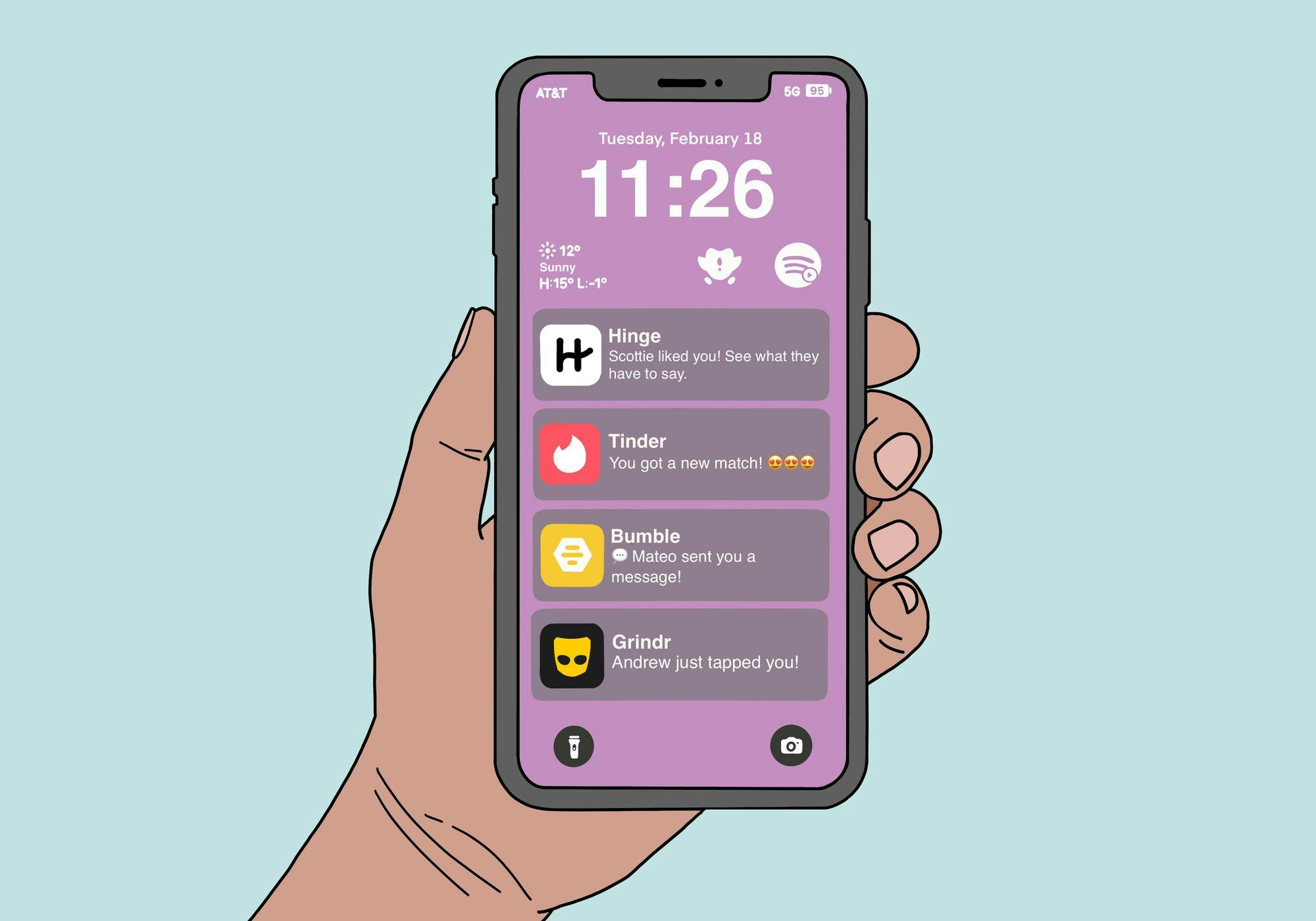Trying to date in 2025 is like trying to put toothpaste back in the tube: It can be messy, confusing and sometimes you don't know why you're even trying in the first place.
“Situationships,” or non-committed relationships, have become more common among Gen Z. But what is a situationship? And what impact do these relationships have on the students who engage in them?
Oxford Languages defines a situationship as “a romantic or sexual relationship that is not considered to be formal or established.”
No matter how you define it, one thing is clear: feelings are involved, but titles are not. Situationships take many different forms, and for some Michigan State University students, they are the start of a relationship. For others, they signal that one is doomed from the beginning.
Marketing sophomore Nicholas Franklin spoke to the allure some may find in dating without strings.
“I think for the most part people don’t want to commit because they’re comfortable where they are and don’t want to dive in head-first into the unknown that love is," Franklin said. "If you can get most of the benefits of relationships while keeping that safeguard up, many people are fine with that."
Franklin described the current Gen Z dating scene as "cooked" and emphasized the impact dating apps and social media have on people’s expectations.
“People are constantly living in a state of paranoia," Franklin said. "Social media has made it so that being unfaithful can be hidden so easily from your partner, so I think people are on edge. Also, social media sets such unrealistic standards for relationships.”
According to data collected by YouGov, half of 18-34 year olds have been in a situationship. Some students feel this increase in non-commitment creates more anxiety and stress in these relationships.
Although some students feel the current dating scene is tumultuous, others feel it allows for more freedom and adventure at a young age.
Finance freshman Jonathan Manjasseril said he feels some students pursue situationships because they're looking for a different kind of fulfillment than is offered by a traditional relationship.
“I think it's all dependent on what kind of fulfillment you're looking for," Manjasseril said. "I think a person being committed to you is fulfilling because it validates you, but the fulfillment that I think people that pursue situationships are going for is more like this person likes you, you like them, you get to spend time with them in a way which is not purely platonic.”
For Manjasseril, not wanting to pursue a relationship due to the time commitment, especially when you factor in a busy college schedule, is why he's choosing not to settle down just yet.
“I think a key difference between a relationship and a situationship is how much time you're expected to commit to one another," Manjasseril said. "In a situationship, you really don't have any preconceived expectation of how much time you're supposed to allocate, like in a day to the other person... But, if you're dating and they're your actual partner, I feel like you are almost like obligated to spend at least some amount of time with them.”
As fun as a one-night stand or a summer tryst can be, not every student feels these relationships are fulfilling, especially when clear boundaries have not been drawn.
Environmental studies and sustainability junior Emma Workman said imbalance can occur even when things are communicated early on.
"I wasn’t ready to commit due to getting out of a recent relationship. I communicated it very early on, but it can still hurt the other person in the long run because they think things will change,” Workman said. “I think if you communicate it right, it can be fine if you come to an agreement with boundaries. Although, many people end up getting hurt.”
With situationships on the rise, students spoke of wanting mutual relationships with clear boundaries. Many students expressed common expectations for their partners, such as wanting an open communicator, a loyal partner, someone intelligent, attractive and overall, someone they can call a best friend.
Even though so many students spoke to wanting the same traits in their ideal partner, a gender divide impacts men and women's perceptions of the MSU dating scene.
Some students believe that men are less likely to commit to a long-term relationship and more likely to be unfaithful. Franklin, however, said students of all genders may choose not to commit because of risk.
“I feel like both men and women are equally likely to be noncommittal because we all live with a certain desire for comfort," Franklin said. "Being in a comfortable situation is enough for most of us to not want anything more and risk losing what they have.”
Finding love involves taking a risk, yet many students seem fearful of taking that leap. Whether it is a first love gone wrong, an act of infidelity or simple miscommunication, the risks involved with love are high, and for some, the reward is not good enough.
Support student media!
Please consider donating to The State News and help fund the future of journalism.
Discussion
Share and discuss “Situationships, casual dating rise in popularity among college students” on social media.







